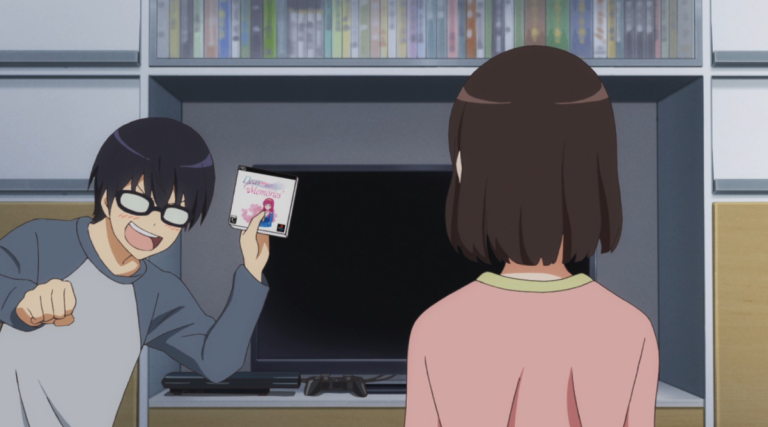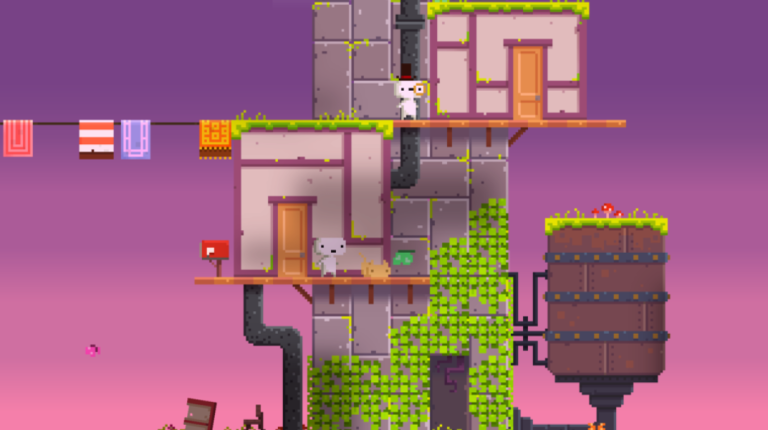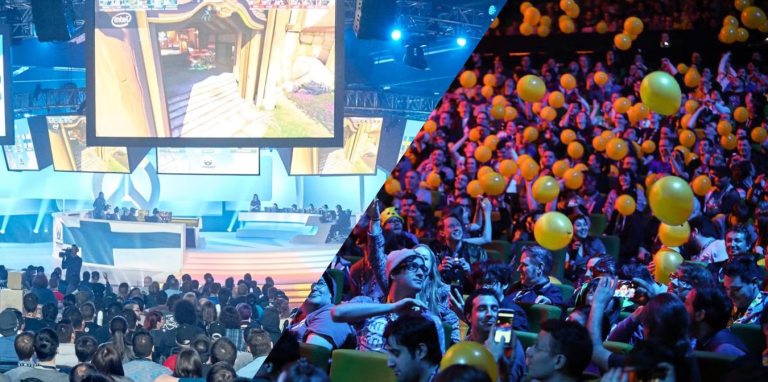
It’s a quiet weekend night. I turn on my Nintendo Switch, but instead of booting up the latest AAA title, I scroll down and open Contra Collection.
A friend sitting next to me laughs: “What a waste of hardware!”
But a few seconds later, he’s holding the controller with me, humming that iconic 8-bit background music and grinning like a kid again.
It’s 2025, and retro gaming is—surprisingly—still alive and kicking. Not just surviving in the corners of the internet, but thriving. You’d think with ray tracing and Unreal Engine 5 dominating the scene, pixelated classics would’ve faded away. But the opposite has happened.
Take my friend Tao, a programmer who works late almost every night. He keeps a folder of emulators on his laptop. When he’s drained, he doesn’t open Cyberpunk 2077 or Elden Ring. He boots up The King of Fighters ’97, picks Iori Yagami, and performs a clean combo. He tells me, “Nowadays games are too overwhelming. Sometimes I just want to press buttons, punch a few guys, and sleep.”
He’s not alone. Many of us are quietly turning back to simpler joys—not because we reject modern tech, but because nostalgia feels like home.
Retro gaming isn’t just a solo act either. It has a culture, a vibrant, living community. Scroll through Reddit and you’ll find massive retro game subreddits sharing tips, custom mods, and nostalgic memories. Over on Discord, entire servers are dedicated to Famicom, Super Nintendo, and PS1. On Bilibili and YouTube, creators are restoring cartridges, modding old consoles, and speedrunning ancient games like Adventure Island 2.

I attended a retro gaming expo in Shanghai last year. A father was teaching his 10-year-old son how to jump platforms in Adventure Island 2. The kid was clumsy, unsure of the timing, but the dad patiently guided him through. That scene—more than the flashy displays—stuck with me. It wasn’t just a game; it was a moment of bonding, a handoff from one generation to the next.
Modern life is loud, complex, and fast. Games are now 100GB downloads. You can’t even start playing without patches, internet connections, and five-minute loading screens. Retro games, on the other hand, are refreshingly immediate: insert, press start, play.
My cousin, a sleep-deprived dad, told me he often sneaks in a few rounds of Contra on his Famicom Mini after putting his kid to bed. “It’s so quiet. Just me and that 8-bit music. Like a private time machine.” It’s his way of winding down—not with Netflix, but with pixels and muscle memory.
The industry caught on too. Nintendo’s Switch Online offers an entire library of NES and SNES classics. Sony launched the PS Classic. Capcom dropped arcade collections. Indie devs are even building brand-new games in retro style. Undertale, Celeste, Hollow Knight—they wear their pixel art proudly and have won millions of fans.
A developer friend once told me: “Retro doesn’t mean outdated. It means pure. When your game can’t rely on shiny effects, it has to rely on soul.”
Even Gen Z and Gen Alpha—kids who never blew into a cartridge—are discovering retro through mobile emulators, collections on Steam, and YouTube lets plays. I once asked a 12-year-old why he liked Mega Man. He shrugged and said, “Feels real.”
I have a neighbor, almost 60, who mastered Tetris in his youth. Recently, he bought a Switch to play Tetris 99 with his grandson. They battle every night. Loser does the dishes. I walk by their apartment sometimes and hear them yelling and laughing from the living room.
Moments like that? That’s what gaming was always supposed to be. Connection. Relaxation. Pure joy. Not endless grinding or expensive skins.
Retro gaming isn’t a gimmick or nostalgia bait. It’s a reminder of what we loved when things were simpler. It’s a quiet rebellion against over-complexity. It’s a digital comfort food.
There will always be a new Call of Duty, another open world, a bigger sandbox. But there’s something magical about a game that asks nothing of you—no internet, no microtransactions, no tutorials. Just play.
One night, you might boot up a game like DuckTales or Super Mario Bros., hear the music, and feel something shift. You’ll remember how it felt to be a kid with a D-pad in hand and a whole weekend ahead of you.
You’ll smile and say, “Man, I used to hate this level. Now it just makes me feel… warm.”
![]()


